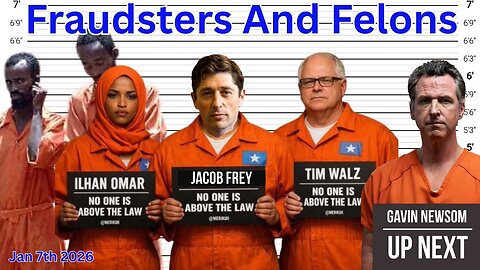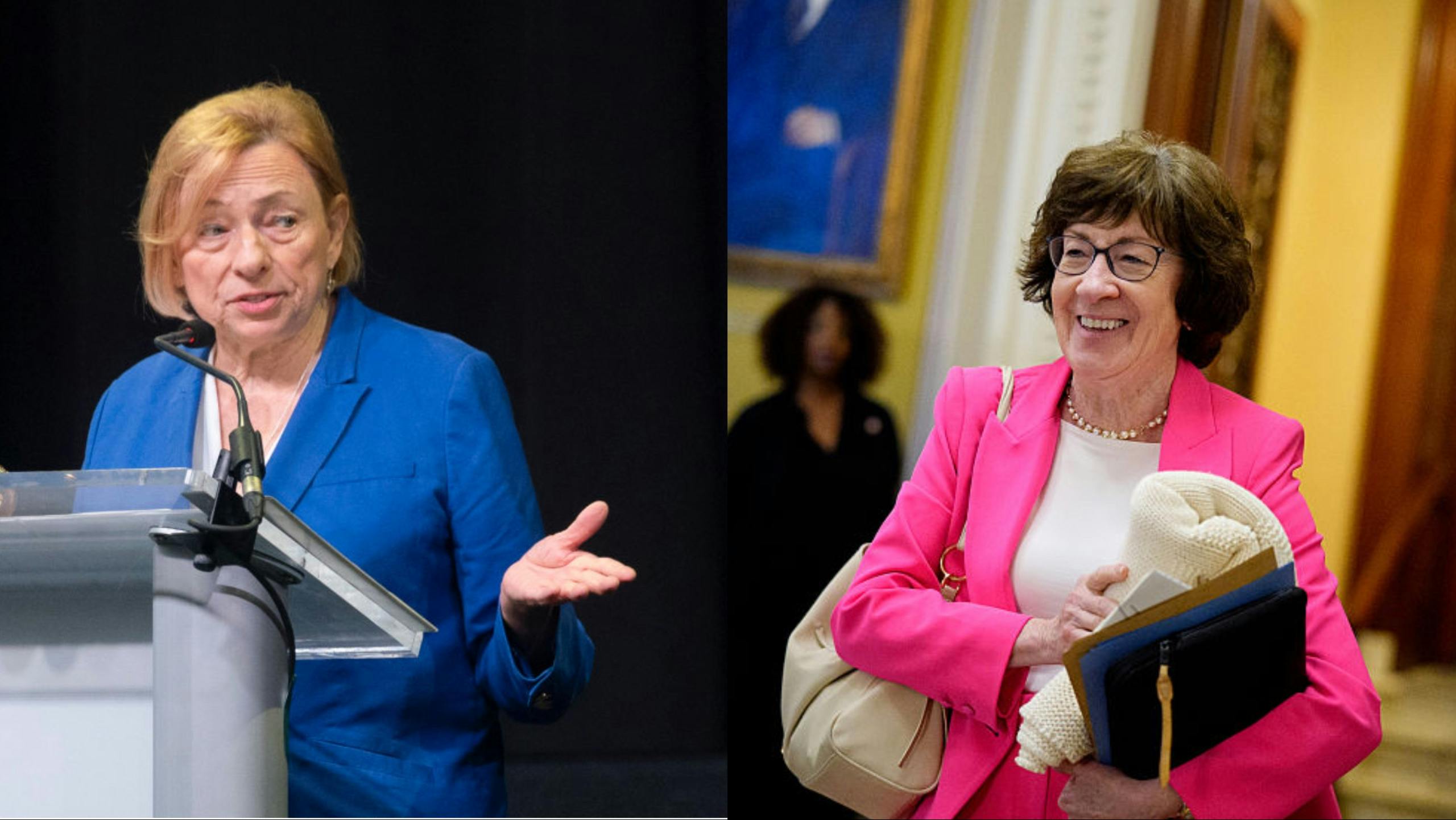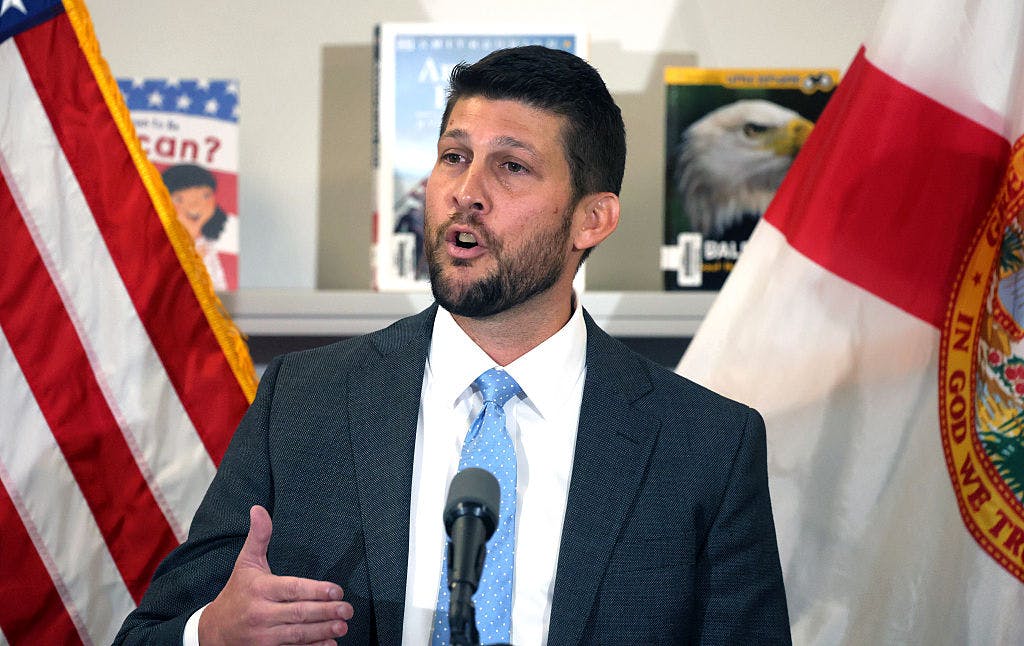‘Paperwork Americans’ are not your countrymen


At a recent Panamerican Congress in Mexico City, Rep. Delia Ramirez of Illinois stood before attendees and declared in Spanish, “I’m a proud Guatemalan before I’m an American.” Ramirez, who sits on the House Homeland Security Committee, helps shape policies vital to the nation’s safety. Yet she openly and proudly identifies with another country, and in a foreign language, no less.
Live Your Best Retirement
Fun • Funds • Fitness • Freedom
Ramirez isn’t alone. She’s part of a growing class of politicians who treat their American citizenship as a formality. Many are first-generation immigrants. Ramirez isn’t even that. She was born to an illegal immigrant mother who crossed the border while pregnant and secured birthright citizenship for her daughter. On paper, Ramirez is American. In every other way, she is not.
What does it mean to be American?
The immigration debate has forced Americans to confront the deeper question of national identity. Nearly everyone agrees the southern border should be closed to illegal aliens. But views on legal immigration vary widely, and those differences often rest on whether people believe the United States is a “propositional nation.”
The idea that a sitting congresswoman can say she belongs to Guatemala before she belongs to America — and face no consequences — is insane.
That idea holds that America is defined not by a shared heritage or culture, but by a set of abstract principles. According to this view, anyone who completes the paperwork and swears an oath is just as American as someone whose ancestors fought in the Revolutionary War.
The problem is, no one is ever denaturalized and deported for rejecting the proposition. New citizens can — and often do — criticize or outright deny basic American values. They can declare loyalty to foreign governments while holding office in the United States. And because citizenship confers First Amendment protections, they face no consequences for doing so.
This turns the entire idea of a “propositional nation” into a joke.
Paperwork without allegiance
Ramirez herself is not an immigrant. She was born under current understanding of the 14th Amendment. Her mother, in violation of U.S. law, crossed the border while pregnant. No agreement to any American proposition was required. Ramirez acquired the legal status of an American and the constitutional right to reject the nation that gave it to her.
There is no ideological connection, cultural tie, or apparent love of country. Only the paperwork remains.
Immigration skeptics have long warned that newcomers often bring with them foreign loyalties. Critics dismissed such concerns as racist, even when examples piled up. Today, those examples speak for themselves.
Rep. Ilhan Omar (D-Minn.) has described Somalia as her “real homeland” and addressed Somali crowds in their native language, pledging to fight for their interests. Omar Fateh, likely the next mayor of Minneapolis, speaks the same way. These are not the words of people assimilating. These are declarations of divided loyalty.
During the Los Angeles anti-ICE riots in June, protesters waved Mexican flags, burned cars, and attacked police. Many were illegal immigrants. But many others were citizens, some born in the United States, who openly called for the “reconquest” of California in the name of Mexico.
RELATED: Judicial activism strikes again in 14th Amendment decision
 Photo by Tingey Injury Law Firm via Unsplash
Photo by Tingey Injury Law Firm via Unsplash
President Claudia Sheinbaum of Mexico even claimed the rioters as her own, describing them as fellow Mexicans and calling on them to pressure the U.S. government to change laws that affected Mexico’s economy.
The president of Mexico sees through the paperwork. She knows who her people are. Americans, for some reason, continue to pretend the paperwork alone tells the whole story.
We need to talk about allegiance
The debate over American identity will continue for a long time to come. But the modern definition clearly isn’t working, and something new will require some tough conversations. If we can’t candidly discuss who belongs in the nation and why, we’ll never resolve the issue.
In the meantime, we should at least agree on one thing: No one who openly declares loyalty to another country should hold public office in the United States.
The idea that a sitting congresswoman can say she belongs to Guatemala before she belongs to America — and face no consequences — is insane. A nation that tolerates this cannot endure. A nation that refuses to expel such people, not just from office but from its borders, is already dying.
We treat this behavior as acceptable. In reality, it is a form of treason.
Paperwork alone does not make someone American. The people exploiting our system understand this. They aren’t confused. They’re mocking us. And unless we find the courage to act, they will keep doing it.
Send them back. Every last one.
Originally Published at Daily Wire, Daily Signal, or The Blaze
What's Your Reaction?
 Like
0
Like
0
 Dislike
0
Dislike
0
 Love
0
Love
0
 Funny
0
Funny
0
 Angry
0
Angry
0
 Sad
0
Sad
0
 Wow
0
Wow
0













































































